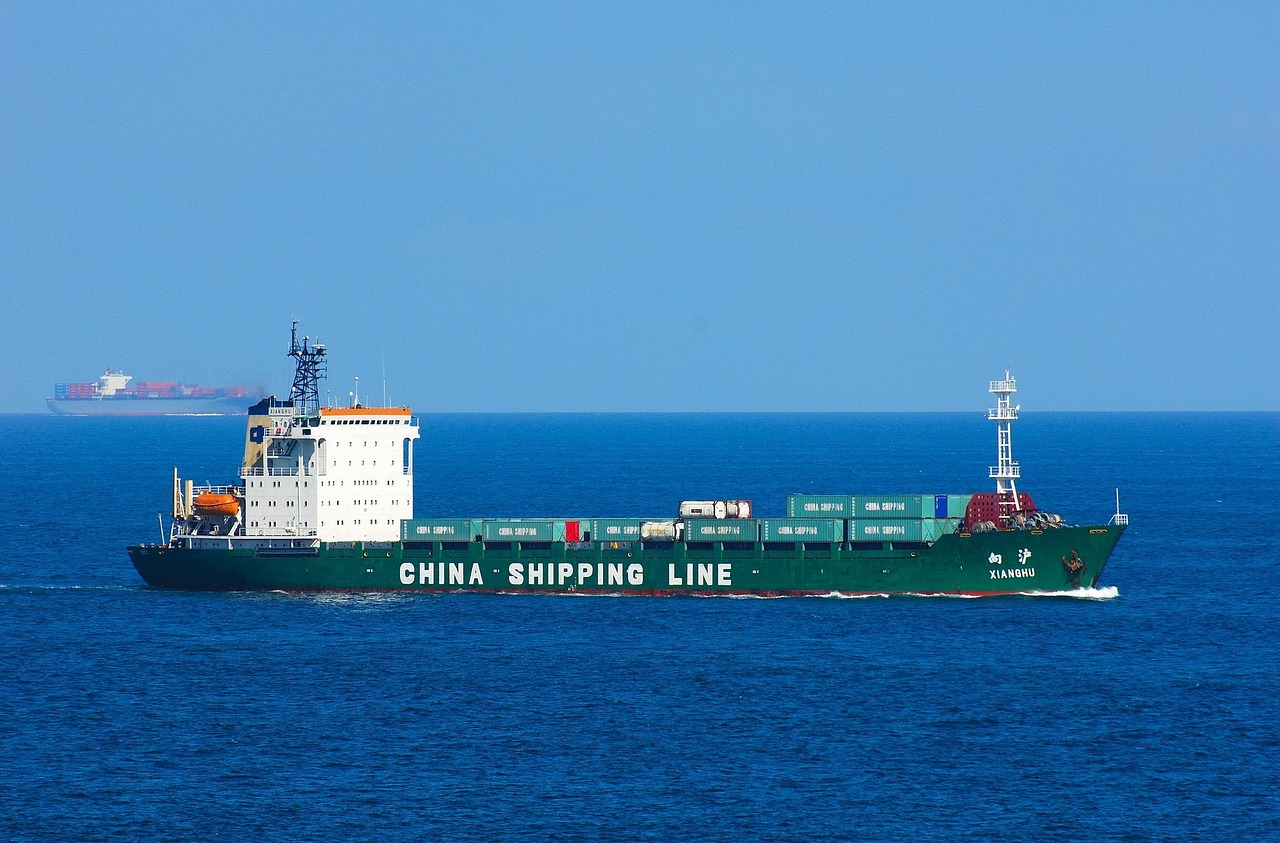How Thailand's Automotive Industry is Adapting to Global Challenges in 2025

Thailand's automotive industry is very important to its economy. It makes up 10%-11% of the country’s GDP. Over 850,000 people work in this industry directly, while another 1.5 million jobs rely on it indirectly. Thailand is a top car-making center in Southeast Asia, with more than 40% of its factory goods being cars sent to other countries. In 2023, car exports from Thailand's automotive industry grew by 11.7%, with over 1.1 million cars sold abroad, worth USD 20.88 billion.
However, the industry faces challenges such as tariffs and high household debt. The global shift toward electric vehicles (EVs) also poses a challenge. Still, Thailand’s strong factories and government support help maintain its status as a leading car-making country.
Global Challenges Facing Thailand's Automotive Industry
Impact of Trade Policies and Tariffs
U.S. President Donald Trump has announced a 25% tariff on imported vehicles, which are set to take effect on April 3, 2025.
Thailand's finance minister, Pichai Chunhavajira, has recently expressed concerns about the impact of new US tariffs on auto parts exports. He also expressed hope to negotiate direct shipments to America instead of routing them through manufacturers in other countries.
Thailand is an export base for some of the world's top automakers, including Toyota and Honda.
Yeap Swee Chuan, CEO of AAPICO Hitech, one of Thailand's largest auto parts manufacturers, indicated that the effect of the tariffs would probably be minimal.
"We supply primarily to most Japanese companies in the local market," he said, noting that those vehicles are generally not exported to the U.S. "For Thai companies, we are managing well." He also mentioned that only a small portion of AAPICO's production is currently sent directly to the U.S., and the tariffs on auto parts would complicate shipments there.
Competition from Chinese Automakers
Thailand's vehicle production for 2024 was projected to reach 1.5 million units, the lowest since 2021, largely due to weak domestic sales and declining export demand. In October 2024, domestic auto sales fell by 36% compared to the previous year, with only 37,691 units sold, while exports dropped 20.2% year-on-year to 84,334 vehicles.
Despite the struggles in traditional vehicle sales, the electric vehicle (EV) market is witnessing notable growth, driven by Chinese automakers like BYD and GAC Aion, with expectations of 80,000 EV registrations this year.
Economic Pressures and Domestic Market Decline
Money problems have hurt Thailand's car market at home. Household debt is very high, at 90% of GDP. This makes it hard for people to buy cars. Many buyers, about 20-30%, can't get loans because of strict rules. Delayed government budgets have also slowed public projects, lowering sales.
In 2024, car sales in Thailand dropped a lot. Only 434,000 cars were sold in nine months, down 23% from 2023. Light vehicle production might fall by 17%, with 1.51 million units made.
Strategic Responses to Global Challenges
Strengthening the Local Supply Chain
Thailand is fixing supply chain problems with new ideas. They now use "just in case" instead of "just in time." This means having more suppliers to avoid future issues. The government helps by fixing skill and tech shortages. This makes local production better and more reliable. It also helps the environment and saves time.
Small businesses are now part of the supply chain. This makes the industry stronger and creates more jobs. It also helps Thailand stay a top car-making country in the region.
Public-Private Collaboration for Growth
The government and private companies work together to grow. Big companies like PTT invest in making electric car batteries. EA works on EV projects like Mine Mobility and AAB. These partnerships bring new ideas and cleaner technology faster.
Global companies like CATL and Gotion Hi-tech help make better batteries. These deals bring money and better technology to Thailand. By teaming up, the government and companies make sure the car industry grows in a smart and green way.
The Shift to Electric Vehicles (EVs)

EV Production Goals and Market Share
Thailand is working hard to make more electric vehicles. The goal is for 30% of vehicles made to be electric by 2030. This means 725,000 electric cars and 675,000 electric motorcycles each year. EV sales are growing fast. In 2023, 76,000 EVs were sold, making up 12% of all sales. By early 2024, EVs were 14% of total vehicle sales. Registrations for battery electric vehicles (BEVs) rose 11.67% by September 2024. These numbers show Thailand's focus on EVs and its aim to lead in this field.
Subsidies and Tax Incentives for EV Adoption
Government help is key to getting more people to use EVs. Thailand gives tax breaks for up to 15 years for some projects. Import taxes on machines and materials for exports are also removed. These steps make EV production cheaper for companies. Other countries have seen success with similar plans. In India, EV registrations grew 70% because of purchase incentives. Without these, EV sales can drop, like in the U.S., where tax credits help cut CO2 emissions by 30%. Thailand’s policies aim to speed up the switch to cleaner transportation.
Role of Foreign Investment in Green Technology
Foreign companies are important for growing Thailand's EV industry. The government offers tax breaks and supports research in new technologies. This has brought big investments. For example, VinFast plans to invest $2 billion and make 150,000 EVs yearly by 2025. Thailand is also improving factories and supply chains to stay strong in green technology. By welcoming foreign investors, Thailand ensures its EV industry grows and meets global eco-friendly goals.
Export and Trade Adaptations
Using Free Trade Agreements
Free trade deals help Thailand sell more cars abroad. Agreements like RCEP and JTEPA open important markets. These deals lower taxes and make it easier to sell Thai cars. This leads to smoother trade and better prices for Thai vehicles.
For example, RCEP lets Thailand send cars to member countries with fewer rules. This helps the car industry grow and compete globally. By using these deals, Thailand keeps its car industry strong and ready for global changes.
Expanding Export Markets
Depending on a few buyers can hurt any business. Thailand's car industry learned this during the 2008 financial crisis. Back then, relying on certain markets caused job losses and factory closures. Now, Thailand is selling cars to more places.
Thailand is reaching out to new markets in Africa and South America. These areas bring fresh chances to grow. The industry made $12.67 billion in 2023, producing 2.55 million cars. By 2028, this could rise to 2.98 million cars, growing 2.5% yearly. Selling to more markets keeps Thailand's car exports steady and successful.
Thailand’s auto sector stands at a crossroads, balancing short-term pressures with long-term shifts toward electrification. By partnering with a logistics leader, businesses can transform challenges into opportunities—ensuring continuity, compliance, and competitiveness. For shipping inquiries, please contact us at info@yqn.com.
FAQ
Why is Thailand a top country in car-making?
Thailand is great at making cars because of its strong factories. It has skilled workers and gets help from the government. The country makes good cars and sells them worldwide. Its focus on new ideas and electric cars keeps it important in the car industry.
Why are electric cars important for Thailand?
Electric cars are better for the environment and follow global trends. They help Thailand stay strong in the car industry. Electric cars also bring in money and new technology from other countries.
How do trade deals help Thailand sell cars?
Trade deals cut taxes and make selling cars easier. This helps Thailand sell cars at better prices in big markets. These deals also let Thailand find new buyers in places like Africa and South America.
How does foreign money help Thailand’s car industry?
Money from other countries brings better tools and ideas to Thailand. Companies like VinFast and CATL help make more electric cars. This teamwork makes Thailand a leader in green car technology.
See Also
YQN Triumphs Over Red Sea Delays In Auto Logistics
Replay Webinar: Tapping Into Vietnam’s E-Commerce Opportunities
Downloadable Report: Exploring Vietnam’s Cross-Border E-Commerce Growth
Emerging Shipping Order Patterns Between Japan And South Korea
Enhancing Global Logistics For A Top Warehouse Robotics Firm

Shipping with YQN - Global Logistics at Your Fingertips
YQN has established subsidiaries worldwide, covering North America, Latin America, Southeast Asia, and the Middle East. We have partnered with 300+ top shipping and airline companies and have access to 3500+ high-quality supplier resources. YQN also has a professional customer service and fulfillment team of over 500 people to provide more worry-free and efficient international logistics services.
Contact Us
You can also email us at info@yqn.com.

